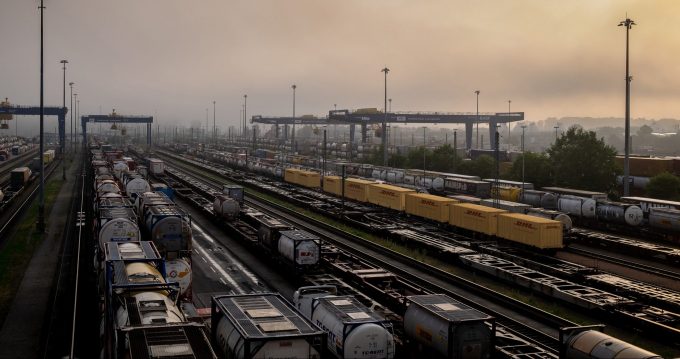China Rail achieves record-breaking billion tonnes of rail freight in Q3
China’s drive to get more volumes onto rail tracks continues to pay dividends, with China ...

European rail freight may have been having a torrid time recently, but it appears to have got volumes back from China – even with Russia’s continuing onslaught against Ukraine.
Alexey Shilo, deputy general director of Russian Railways, said there had been a ...

Comment on this article